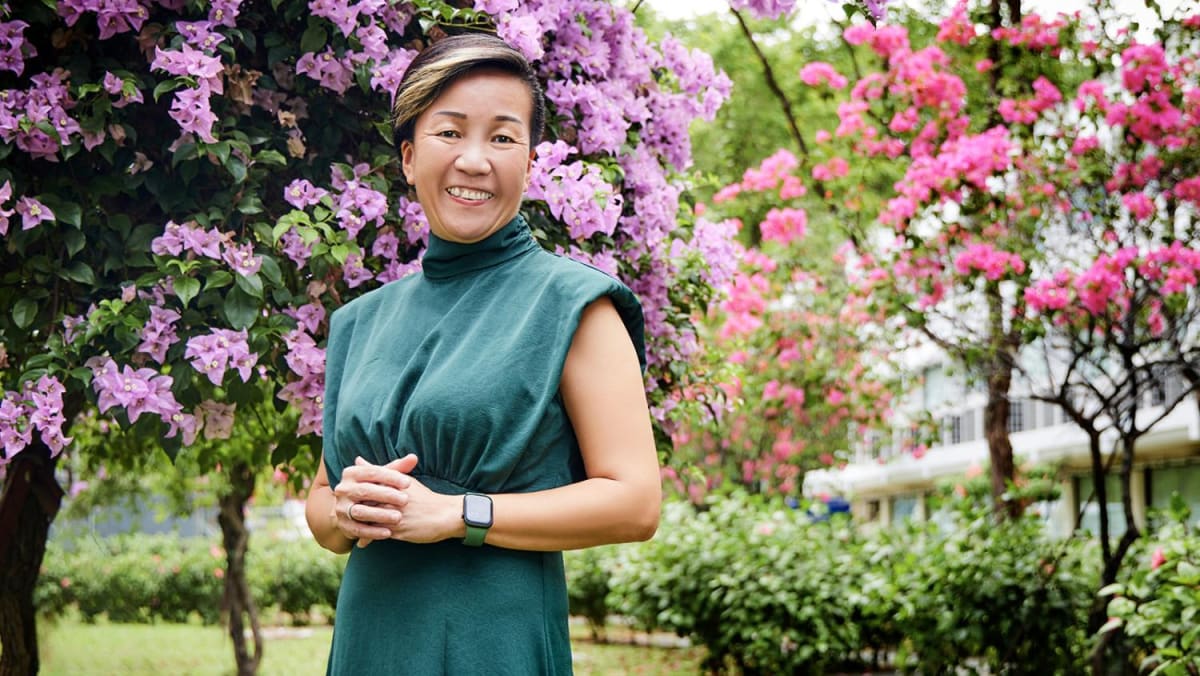Through its innovative degree programmes and campus-wide initiatives, James Cook University is doing its part to drive sustainable practices in Singapore.
LEADING THE CHARGE IN SUSTAINABILITY
In line with the 17 Sustainable Development Goals (SDGs) set out by the United Nations, JCU is actively supporting the Ministry of Education’s target of a two-thirds reduction in net carbon emissions from the education sector by 2030, as well as the Singapore Green Plan 2030 agenda on sustainable development.
Prof Tan-Mullins, who also leads JCU Singapore’s Sustainability Working Group, which was established in April last year, said JCU’s commitment stems from the belief that a united societal effort is necessary to address global sustainability concerns and build a more inclusive and resilient future for the world.
“Universities are hotspots for innovation and learning, with the power to extend the impact to surrounding communities and society. By educating students and staff about what they can do for sustainability, we can cultivate change agents and drive progress across various SDGs,” she said.
To realise this vision, JCU leverages its research clusters – such as the Sustainability Research Cluster and the Ethics, Organisations and Society Research Cluster – to spearhead its multifaceted and interdisciplinary approaches in studying sustainability.
UNITING BUSINESS AND ENVIRONMENTAL SCIENCE
This same approach informs the Bachelor of Business and Environmental Science programme, housed within the JCU Singapore Business School – an institution accredited by the Association to Advance Collegiate Schools of Business (AACSB). The AACSB distinction is held by less than 6 per cent of university-level business schools worldwide.
To align the programme with industry needs and prevailing best practices in Singapore, the university collaborated with businesses to identify their requirements within the environmental sector, customising its academic components and learning outcomes accordingly.
According to Prof Tan-Mullins, the programme’s uniqueness lies in its blend of business acumen and environmental expertise. Students undertake both business and environmental science subjects, including electives in areas like aquaculture, coastal and marine management, and field studies in tropical geography. As they gain an understanding of biodiversity and ecology, they will also be trained in economics, accounting and management.
This comprehensive approach empowers graduates to navigate a business landscape where environmental considerations increasingly drive consumer choices, and prepares them for environmental, social and governance roles in both public and private sectors.
“Our faculty possesses extensive understanding of Singapore’s sustainability demands and skilfully integrates these elements into the curriculum,” said Prof Tan-Mullins. “Their diverse expertise and ongoing research enable them to guide students in tackling region-specific environmental challenges.”
For students aspiring to propel Singapore’s sustainability journey, she advises embracing curiosity, fostering interdisciplinary thinking and developing critical thinking skills. “Harness your passion,” she added, “to bring about positive change on the path to creating a more sustainable world.”
Enrol in the AACSB-accredited Bachelor of Business and Environmental Science programme at James Cook University in Singapore, and be a force for positive change in the world.


